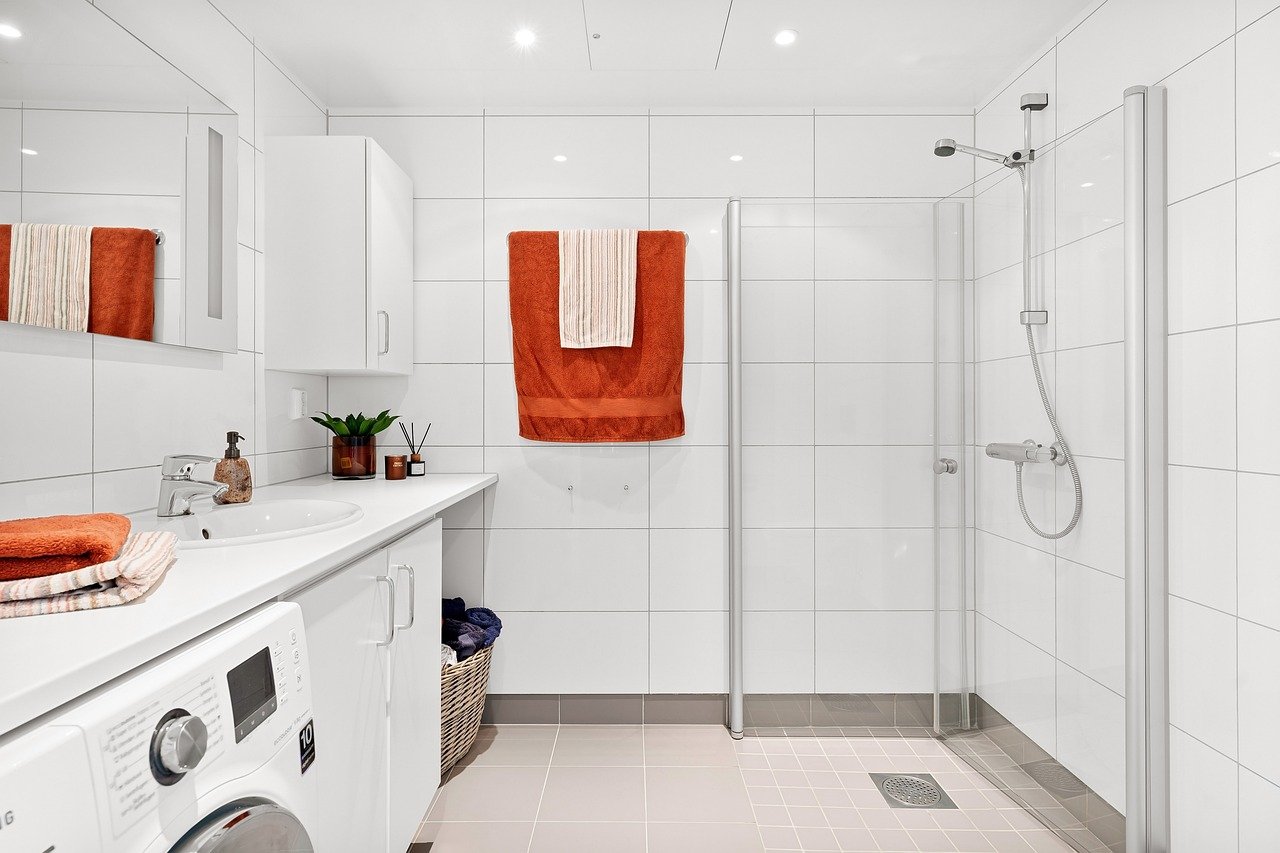The Impact of Appliance Design on Air Quality: Laser book 247 login password, Lotus299, 11xplay pro
laser book 247 login password, lotus299, 11xplay pro: The Impact of Appliance Design on Air Quality
Have you ever thought about how the design of your appliances can affect the air quality in your home? It’s easy to overlook this aspect of our everyday lives, but the truth is that the design of our appliances plays a significant role in determining the air we breathe indoors.
1. Ventilation Systems
One of the most critical aspects of appliance design that can impact air quality is ventilation systems. Properly designed ventilation systems can help remove pollutants and odors from the air, while poorly designed systems can actually contribute to poor air quality by recirculating the same air over and over again.
2. Energy Efficiency
Energy-efficient appliances are becoming increasingly popular, but did you know that they can also have a positive impact on air quality? Energy-efficient appliances use less energy, which means they produce fewer pollutants that can contribute to poor indoor air quality.
3. Materials Used
The materials used in the construction of appliances can also have an impact on air quality. For example, appliances made with volatile organic compounds (VOCs) can release harmful chemicals into the air, contributing to indoor air pollution.
4. Filter Systems
Appliances with built-in filter systems, such as air purifiers and vacuum cleaners, can help remove pollutants from the air and improve air quality. It’s essential to regularly clean and replace filters to ensure they are working effectively.
5. Exhaust Systems
Appliances that produce smoke, steam, or fumes, such as stoves and ovens, should have effective exhaust systems to remove these pollutants from the air. These systems should be properly maintained to ensure they are working correctly.
6. Humidity Control
Appliances that control humidity levels, such as air conditioners and dehumidifiers, can help prevent mold and mildew growth, which can impact air quality. Maintaining proper humidity levels can also help reduce respiratory issues and allergies.
7. Regulation Compliance
Ensuring that appliances meet regulatory standards for air quality can also have a significant impact. Regulatory standards are in place to protect consumers from harmful pollutants and ensure that appliances are designed with the environment in mind.
In conclusion, the design of our appliances can have a profound impact on the air quality in our homes. By choosing energy-efficient appliances with proper ventilation systems, filter systems, and exhaust systems, we can help improve indoor air quality and create a healthier living environment for ourselves and our families.
FAQs:
Q: How often should I clean or replace the filters in my appliances?
A: It’s recommended to clean or replace filters in appliances such as air purifiers, vacuum cleaners, and air conditioners every 3-6 months, depending on usage.
Q: Are there any specific materials I should avoid in appliances to improve air quality?
A: Avoid appliances made with volatile organic compounds (VOCs) and opt for appliances made with low or no emissions materials.
Q: How can I ensure my appliances meet regulatory standards for air quality?
A: Look for appliances that are ENERGY STAR certified, as they meet strict energy efficiency and air quality standards set by the Environmental Protection Agency.
Remember, small changes in the design of our appliances can have a big impact on the air quality in our homes. Let’s choose wisely and create a healthier living environment for ourselves and our loved ones.






